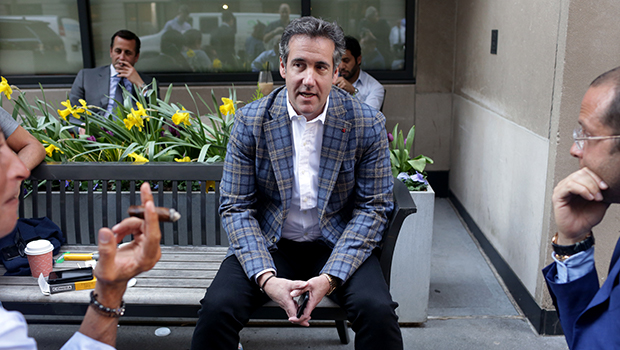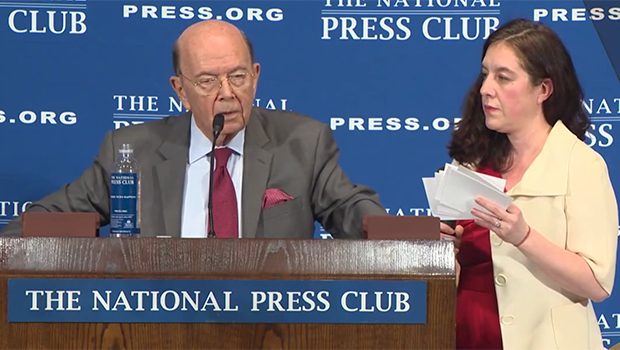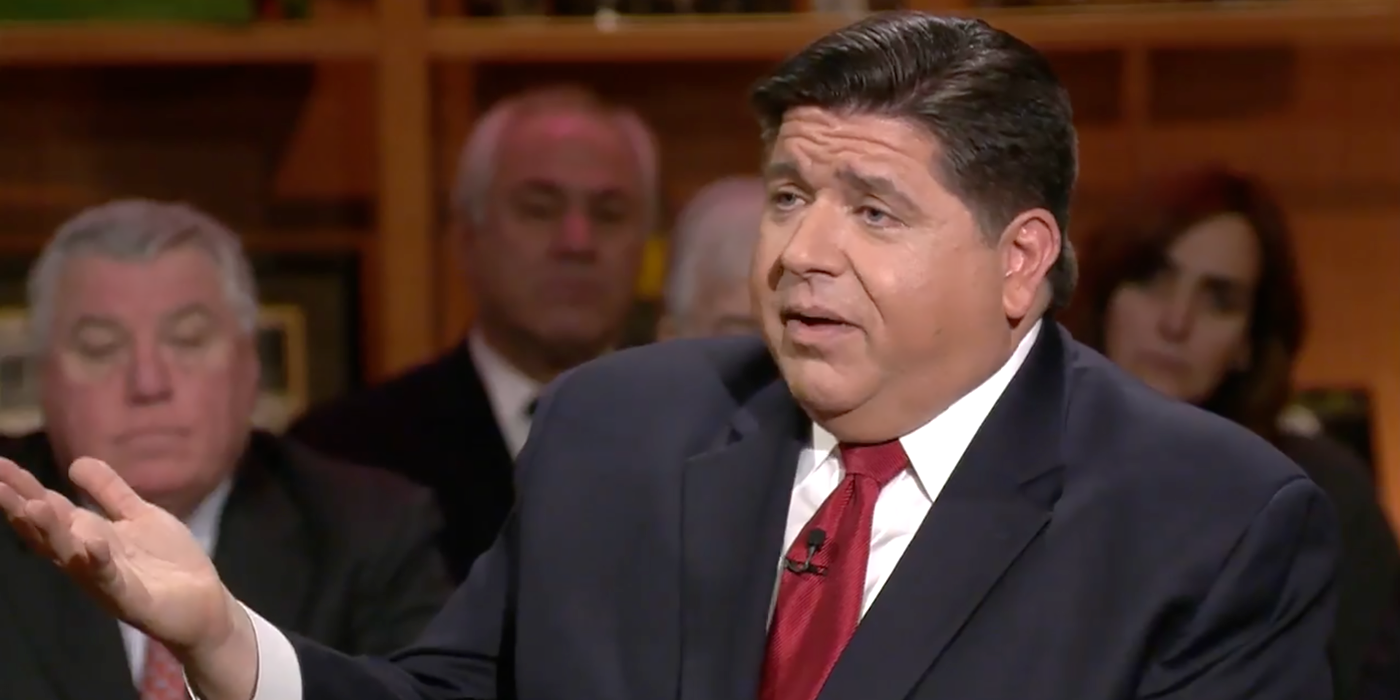Fresh disclosures that President Donald Trump’s personal attorney Michael Cohen used a shell company to receive huge payments from a firm linked to a Russian oligarch as well as two multinational corporations have highlighted the United States’ position as a leading global enabler of corporate secrecy.
Reports regarding Cohen’s firm come just weeks after the British Parliament dropped a financial secrecy bombshell by advancing legislation requiring its island territories, which include some of the world’s most notorious tax havens, to publicly disclose company ownership.
Cohen’s shell company is registered in Delaware, a state that allows companies to disclose little trace of their owners or directors. This has raised questions over who actually owns Cohen’s firm.
Because the United States has taken no comparable action to the U.K.’s, it also means that law enforcement officials may have little help from state records in tracking down the true nature of Cohen’s firm, Essential Consultants LLC.
The United States is the easiest place in the world to set up an anonymous shell company
As countries around the world have begun to outlaw shell companies with hard-to-trace ownership, advocates now fear that Delaware will become an even bigger draw for proceeds of financial crime.
“Right now, the United States is the easiest place in the world to set up an anonymous shell company,” says Clark Gascoigne, deputy director of the FACT Coalition, a group dedicated to financial transparency. “With the U.K. forcing the Cayman Islands, the British Virgin Islands, Bermuda and some of the most notorious tax havens in the world to open up – where is all that dirty money going to flow? It’s going to flow to the United States.”
For years, the FACT Coalition and its allies have pushed for federal legislation that would require U.S. companies to list “beneficial owners” – the people who ultimately own or control a company’s assets, even indirectly. This is a basic step, they argue, to helping investigators see through the intermediaries and registration agents whose names on documents obscure true ownership of shell companies.
A bill currently pending in the U.S. House would mandate the Treasury Department to collect beneficial ownership information on limited liability corporations and other corporations registered in U.S. states. The bill falls short of reforms seen abroad because the ownership registry would not be open for public inspection. Instead, only certain law enforcement authorities and compliance offices at private financial institutions would have access to the data. Still, advocates say that the law would represent a massive step forward in rooting out illicit money from Delaware and other U.S. tax havens.
The language of the proposed legislation, included within a larger anti-money laundering bill, is still being negotiated, but the final product could have a wide effect nationwide, if it were enacted. Although Delaware has a reputation for being a mecca for permissive corporate registration, other states offer incorporation without much transparency about ownership.
The bill could face an uphill battle to become law, however. Its wide reach has garnered fierce opponents, who argue that the law would burden small businesses and put lawyers at risk of being prosecuted for paperwork errors. Defense attorneys and civil liberties advocates also warn that the bill would create a new and unnecessary class of criminal laws and would impinge on privacy of people using a wide array of financial services. In a letter to the Senate Judiciary Committee regarding a related bill, the U.S. Chamber of Commerce warned that, once collected, the extensive data could be misused.
In an emailed statement, Hilarie Bass, the president of the American Bar Association, told the International Consortium of Investigative Journalists (ICIJ) that her organization opposes the bill, in part because it would undermine attorney-client privilege by forcing lawyers to divulge their client’s beneficial owner relationship.
Supporters of the effort are quick to characterize it as a boon for police work. In comments to ICIJ, Rep. Carolyn Maloney (D-N.Y.), who co-authored a related bill, touted bipartisan support for a beneficial ownership requirement and highlighted its popularity with law enforcement. “This is a change that law enforcement has been asking for,” Maloney said in an email.
If enacted, the law could aid investigators such as Robert Mueller and other Justice Department officials, some of whom are actively looking into the dealings of Essential Consultants LLC.
One question that has arisen regarding Michael Cohen’s business dealings is whether he has registered additional shell companies. Transparency advocates tell ICIJ that the United States’ deep degree of corporate secrecy means that even authorities armed with subpoena power and search warrants can have little certainty they’ve located all domestic shell companies held by a given subject of a criminal investigation.
“If Delaware had a Panama Papers leak it would be less interesting,” said Gary Kalman, executive director of the FACT Coalition, referring to an ICIJ investigation of offshore firms. “In the U.S., law enforcement can subpoena all they want, but there’s nothing to get.”
In the case of Essential Consultants, Cohen elected to put his name on the company’s incorporation certificate, although Delaware law would have allowed him use a proxy – or for him serve as a proxy for someone else. The full public record of the company provides no record of the company’s officers, owners or directors.
Even if the current bill passes into law, the public would see no difference in public information about companies like Essential Consultants.
Regardless of its limited scope and uncertain prospects, Eryn Schornick, a senior policy adviser at Global Witness’s anti-money laundering team, says that passage of the bill would mark an important step toward the ultimate goal of an ownership registry open to wider public scrutiny, which she noted has so far “been a non-starter in the United States.”



